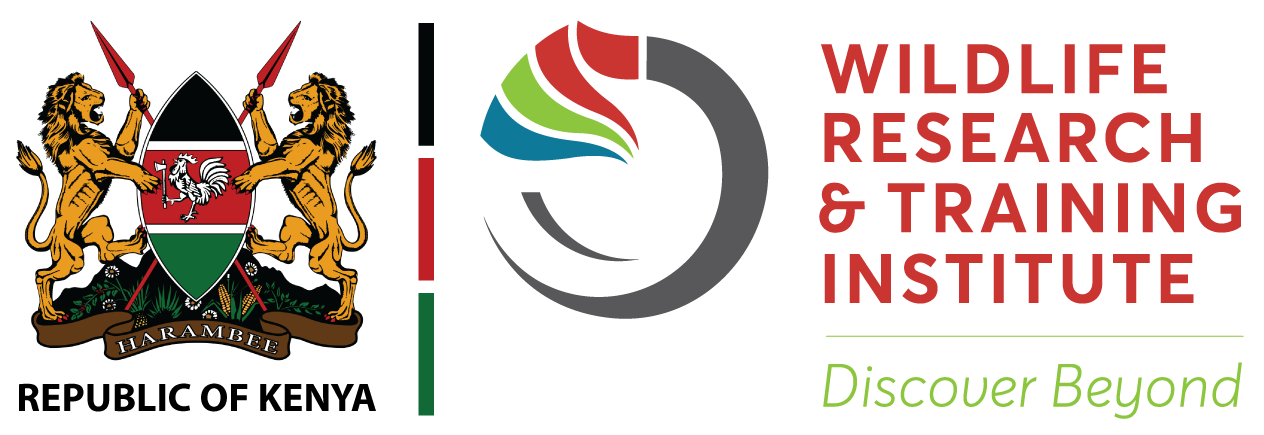In a bid to boost research efforts, on February 28, 2025, the Institute’s Maasai Mara Research Centre located at the Maasai Mara National Reserve was officially commissioned in the by Cabinet Secretary Rebecca Miano, Principal Secretary State Department for Wildlife, Silvia Museia and Narok Governor H.E. Patrick Ole Ntutu.
The centre aims to advance scientific knowledge of the Greater Maasai Mara Ecosystem through vital research. As the urgency to protect Kenya’s wildlife and the region’s rich biodiversity grows, the centre stands as a beacon of hope, playing a crucial role in the ongoing efforts to conserve one of the world’s most iconic ecosystems.
During the commissioning ceremony, Cabinet Secretary Rebecca Miano praised the Institute’s Board, management, and staff for their unwavering commitment to fulfilling the Institute’s mandate.
She highlighted that the Maasai Mara Research Centre will provide a conducive environment for scientists and researchers to generate knowledge addressing historical, current, and emerging wildlife conservation and management challenges, ensuring the sustainable conservation and management of wildlife and their habitats.
She also noted that this was a significant milestone in the ongoing efforts to safeguard Kenya’s rich wildlife heritage.
CS Miano further emphasized the importance of the Maasai Mara as a national treasure and a globally renowned tourism destination.
“The Centre’s refurbishment marks the beginning of a new era in wildlife research, providing enhanced capacity for biodiversity monitoring, mitigating human-wildlife conflicts, and strengthening conservation education,” she said.
Principal Secretary of the State Department for Wildlife, Silvia Museiya, also praised the initiative, highlighting its significance in boosting community engagement in wildlife conservation efforts. She stated that the newly refurbished Centre would support a wide range of scientific studies, ensuring that conservation policies and strategies were informed by cutting-edge research.
“ The facility will serve as a vital resource for wildlife scientists, conservationists, and students, equipping them with the tools and knowledge to address pressing ecological challenges. I thank all the partners and stakeholders who have supported the Institute in achieving this milestone,” she said.
Also speaking during the commissioning of the newly refurbished Mara Research Centre, the Institute’s Board Chair, Dr. David Nkedianye, emphasized that wildlife research and training were crucial in ensuring the sustainability of the precious resources within the Maasai Mara ecosystem.
Moreover, The Maasai Mara ecosystem, renowned for its spectacular biodiversity, including the Great Wildebeest Migration, faces increasing threats such as habitat loss, human-wildlife conflict, and climate change and through rigorous research, the Institute had continuously provided evidence-based solutions to these challenges, ensuring the long-term conservation of wildlife and their habitats.
Dr. Nkedianye explained that the Mara Research Centre had been established in early 1975, with the primary objective of researching Malignant Catarrhal Fever (MCF) disease. With the refurbishment of its facilities, the Centre was now set to continue this important work, which would benefit the local communities and align with the government’s Bottom-Up Economic Transformation Agenda (BETA).
Director Dr Patrick Omondi noted the Institute’s vision is to transform the facility into a Centre of Excellence in research and training for the greater Maasai Mara ecosystem, with a key focus on transboundary research issues.
“We will work with stakeholders to identify pressing research gaps that need to be addressed to inform mitigation of current and emerging conservation challenges in the ecosystem,” he said. “Additionally, the Centre will serve as a central hub for harmonized wildlife data and a repository for critical information. This will facilitate timely access to essential data, enabling evidence-based decision-making and policy formulation for sustainable biodiversity conservation at both the ecosystem and national levels. The data repository will be integrated with the National Wildlife Database, which is set to be completed by June this year,” he said.
Dr Omondi acknowledged the milestone of Narok County government for having the first Gazzetted Management Plans for the Maasai Mara National Reserve and the Maasai Mara ecosystem that provides the strategies for management for an ecosystem approach.
“The initiative will provide crucial information on wildlife distribution, wildlife corridors and critical habitats for wildlife conservation. The Institute shall take the lead role on research coordination and consolidation of information for decision making,” he said.

